Special Events
The following special event types will be held during ICCC’21:
AI Keynote Speaker
ML Design for Creative Pursuits
Douglas Eck
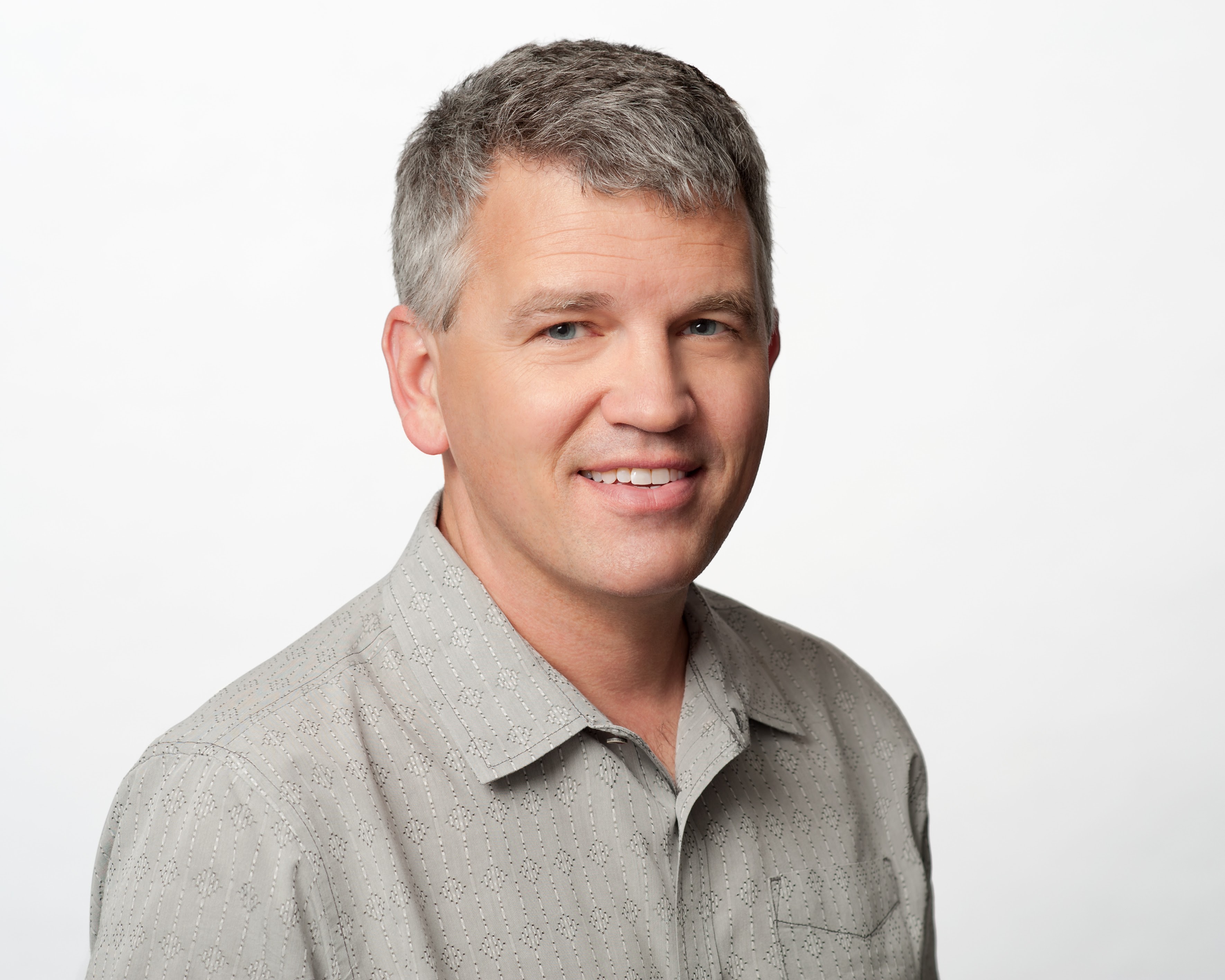
Abstract
I’ll discuss recent advances in AI for music creation, focusing on Machine Learning (ML) and Human-Computer Interaction (HCI) coming from our Magenta project (g.co/magenta). I’ll argue that generative ML models by themselves are of limited creative value because they are hard to use in our current music creation workflows. This motivates research in HCI and especially good user interface design. I’ll talk about a promising audio-generation project called Differentiable Digital Signal Processing (DDSP; Jesse Engel et al.) and about recent progress in modeling musical scores using Music Transformer (Anna Huang et al.). I’ll also talk about work done in designing experimental interfaces for composers and musicians. Time permitting I’ll relate this to similar work in the domain of creative writing. Overall my message will be one of restrained enthusiasm: Recent research in ML has offered some amazing advances in tools for music creation, but aside from a few outlier examples, we’ve yet to bring these models successfully into creative practice.
Biography
Douglas Eck is a Principal Scientist at Google Research and a research director on the Brain Team. His work lies at the intersection of machine learning and human-computer interaction (HCI). Doug created and helps lead Magenta, an ongoing research project exploring the role of machine learning in the process of creating art and music. He is also a leader of PAIR, a multidisciplinary team that explores the human side of AI through fundamental research, building tools, creating design frameworks, and working with diverse communities. Doug is active in many areas of basic machine learning research, including natural language processing (NLP) and reinforcement learning (RL). In the past, Doug worked on music perception, aspects of music performance, machine learning for large audio datasets and music recommendation. He completed his PhD in Computer Science and Cognitive Science at Indiana University in 2000 and went on to a postdoctoral fellowship with Juergen Schmidhuber at IDSIA in Lugano Switzerland. Before joining Google in 2010, Doug was faculty in Computer Science at the University of Montreal (MILA machine learning lab) where he became Associate Professor.
For more information see http://g.co/research/douglaseck.
Other perspectives: A new Kind of Keynote at ICCC
This year, in addition to a much-anticipated AI keynote, the conference is presenting two shorter talks in a mode we call “other perspectives.” These talks will present views of creativity that are not explicitly AI-oriented, but ones that we believe CC/AI researchers will find inspiring and instructive about other disciplines, domains, and philosophies. The first of these concerns the potential for creative choice in animals, whilst the second focuses on the creativity of a seasoned practitioner in the domain of comedy writing. These talks are shorter than conventional keynotes, allowing for longer discussions and question-answer sessions. We hope that CC researchers will, through their interactions with the speakers, foster a greater computational understanding of the domains involved, and allow the field of CC to be enriched with viewpoints and findings that it might not otherwise encounter.
Animal Innovation
Allison Kaufman and James C. Kaufman
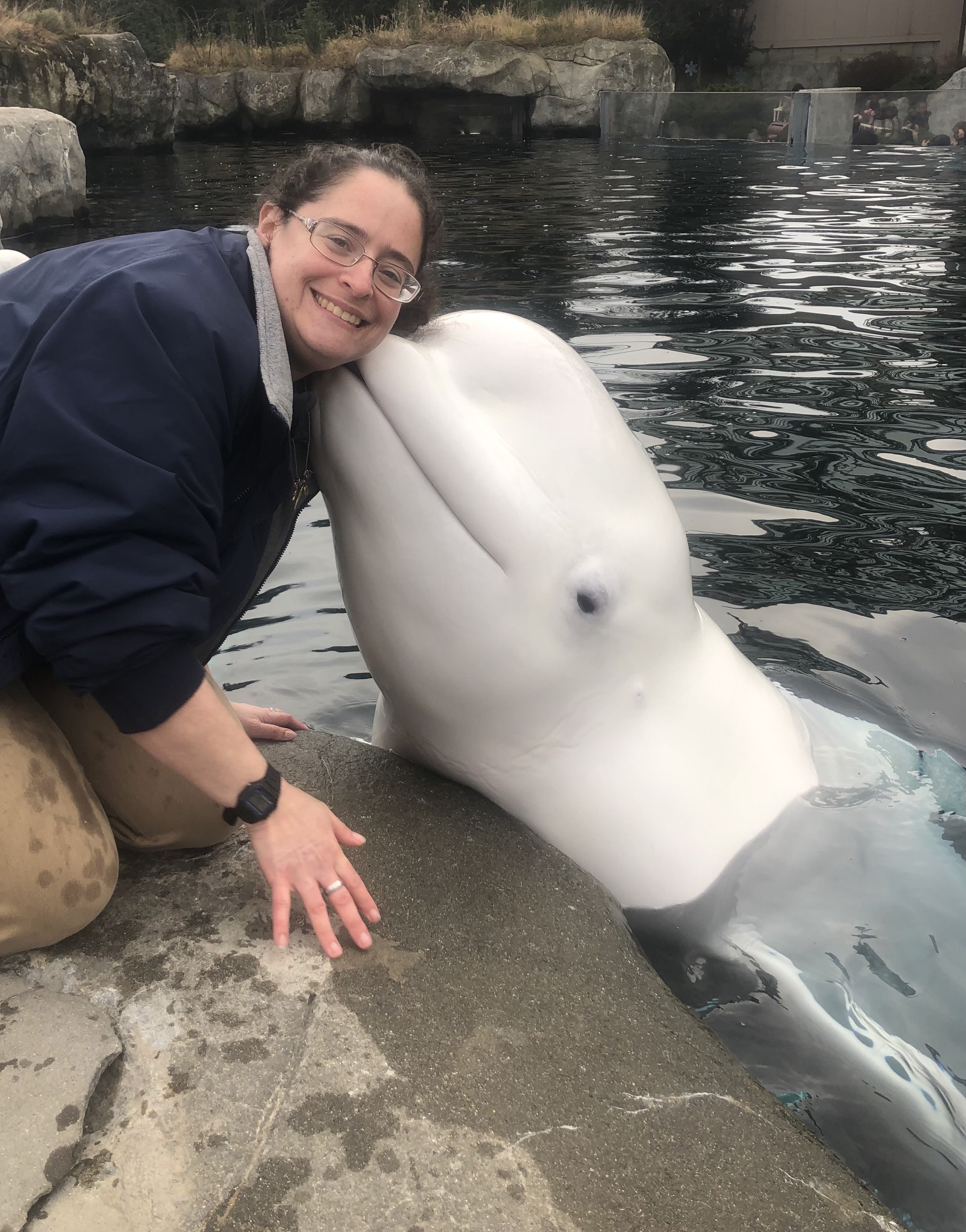
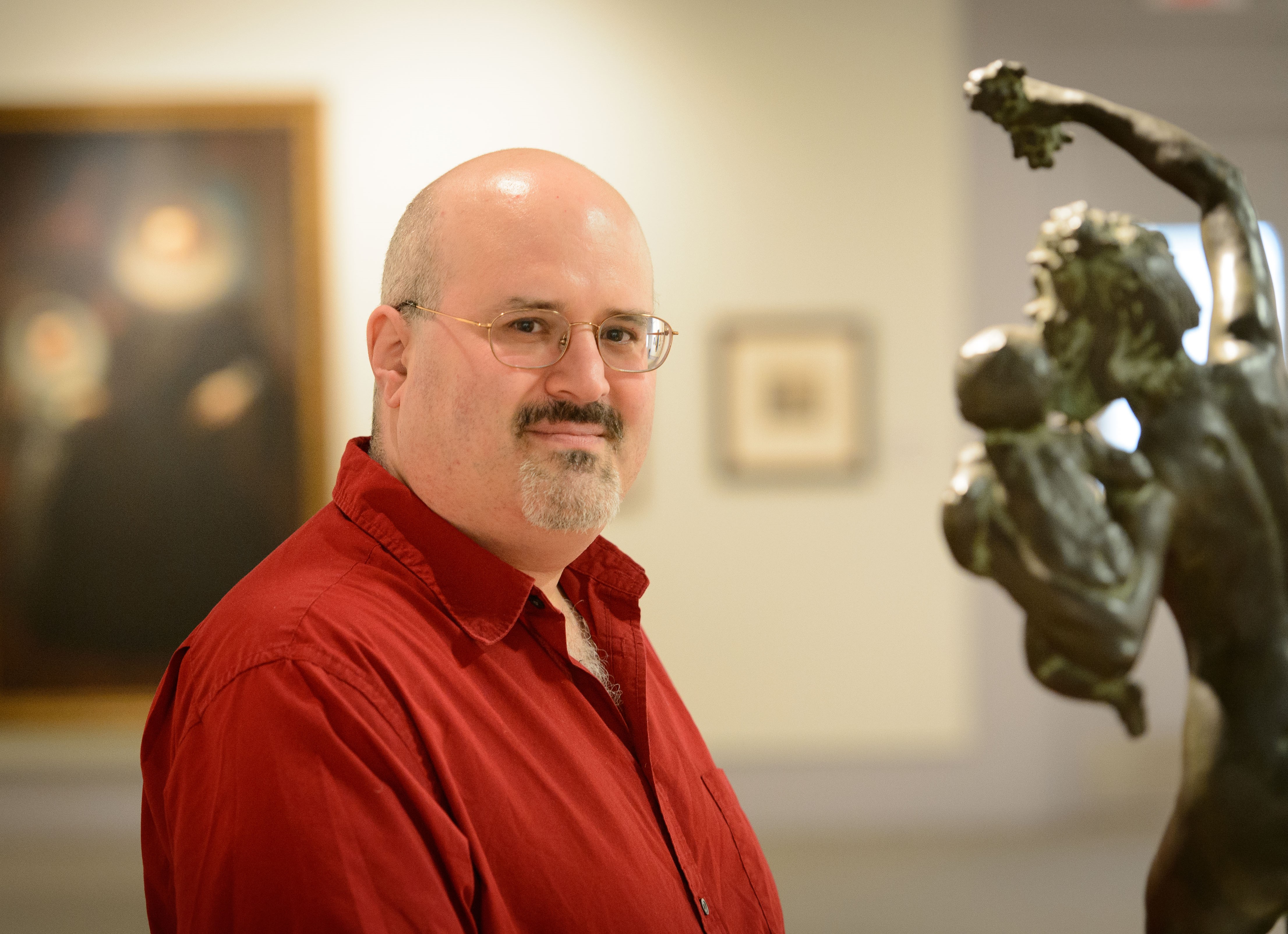
Are animals creative? If so, how do theories of human creativity apply to animals? In nature, survival is everything. The ability to innovate can provide essential advantages that can allow a species to endure changes in its habitat, which is a key to survival when manmade climate change and other environmental concerns have had such an impact on the world. In this talk, we will discuss how creativity theories (such as the different ways creativity can be studied or levels of creative eminence) measures (such as divergent thinking or generating many different ideas) and related constructs (such as personality or intelligence) can be applied to animals. We then discuss a proposed framework for animal creativity to help understand how non-human species have adapted to exist and even thrive in a changing world.
Biography
Dr. Allison B. Kaufman holds a PhD in Neuroscience from the University of California at Riverside. She is a research scientist at the University of Connecticut where her main interests are in cognitive and innovative abilities in animals. Much of her current interests also focus on the excellent work being done in animal care and conservation in zoos and aquariums, and she is currently affiliated with the Lutz Children’s Museum and Mystic Aquarium. She has written or edited five books, including The Psych 101 Series Animal Cognition 101, with Erin Colbert-White.
James C. Kaufman is a Professor of Educational Psychology at the University of Connecticut. He is the author/editor of more than 50 books, which range from Creativity 101 and the Cambridge Handbook of Creativity to books on pseudoscience (with his wife, Allison) and bad baseball pitchers (with his father, Alan). He has written more than 300 papers, which include theoretical contributions such as the Four-C Model of Creativity (with Ron Beghetto) and empirical work, such as the study that spawned the “Sylvia Plath Effect.” He is a past president of Division 10 (Society for Psychology of Aesthetics, Creativity, & the Arts) of the American Psychological Association (APA). James has won many awards, including Mensa’s research award, the Torrance Award from the National Association for Gifted Children, and APA’s Berlyne, Arnheim, and Farnsworth awards. He has tested Dr. Sanjay Gupta’s creativity on CNN, appeared in the hit Australian show Redesign Your Brain, narrated the comic book documentary Independents, and is set to appear in a 2021 Netflix documentary. He wrote the book and lyrics to Discovering Magenta, which had its NYC premiere in 2015.
Comedy By Numbers — A Comedy-writer’s thoughts on algorithmic approaches to humour
Charlie Skelton
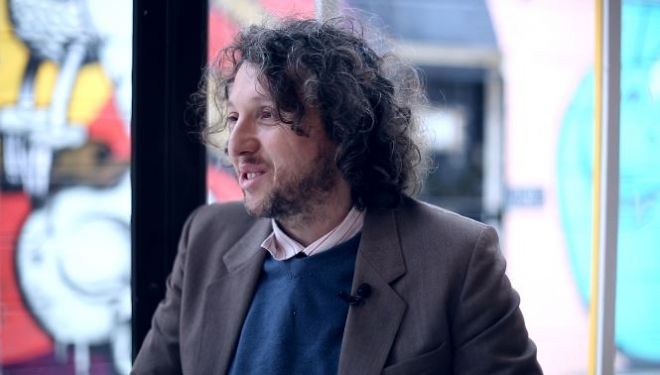
Abstract
Very few jokes are born perfectly formed in a moment of pure inspiration. Rather, the birthing process of a successful joke is every bit as messy as this phrase would suggest. But to begin with, we must ask: what is the metric for a “successful” joke? Is it one that makes the most people laugh, or the right people laugh, or its own creator laugh? Is it one that achieves the greatest impact on its audience, or exhibits the greatest virality? Is it one that best suits its context, its speaker, and its moment? Professional comedy writers who create jokes for others to deliver know only too well that there are many dimensions along which a joke can be judged, and just as many checkboxes to tick on its journey from the writer’s mind to the audience’s ears. This talk considers the uncertain progress of a joke from its inception to its final delivery, and explores the changes — usually small, sometimes crucial, and occasionally ruinous — that can transform a joke from a concept into an event. There is no single objective function for a joke that must satisfy so many people and so many concerns in its journey to the stage or the screen, as this talk will show through an analysis of some jokes that have been improved, and of others that have faltered, on this perilous path to the audience.
Biography
Charlie Skelton is a comedy writer, journalist, artist and actor from England. He writes for several television programmes, including “Have I Got News For You”, “8 Out of 10 Cats”, “10 O’Clock Live” and “The Big Fat Quiz of the Year”. He has also written for “A League of Their Own”, “The Eleven O’Clock Show”, and “FAQ U”. Charlie is fascinated by the possibilities afforded by AI to the creative writing process and has organised two Oxford symposia on comedy and AI that have fostered ongoing debate among AI researchers and comedy practitioners.
Panel
Opportunities and challenges for CC as a commercial application
Unlike many computing fields that have an extensive presence in both academia and industry, we are only now starting to explore what it is like to take computational creativity into the commercial space. Thus, in this panel the participants will describe their experiences with industry applications of several creative systems, discuss what it takes to commercialize creative agents, communicate from the entrepreneur’s perspective what it is like to work with academics, and share experiences about marketing computationally creative products to the general public, among other things.
Moderator:
Amilcar Cardoso
University of Coimbra
https://www.cisuc.uc.pt/en/people/f-cardoso
Panelists:
Maya Ackerman
CEO of WaveAI and researcher at Santa Clara University
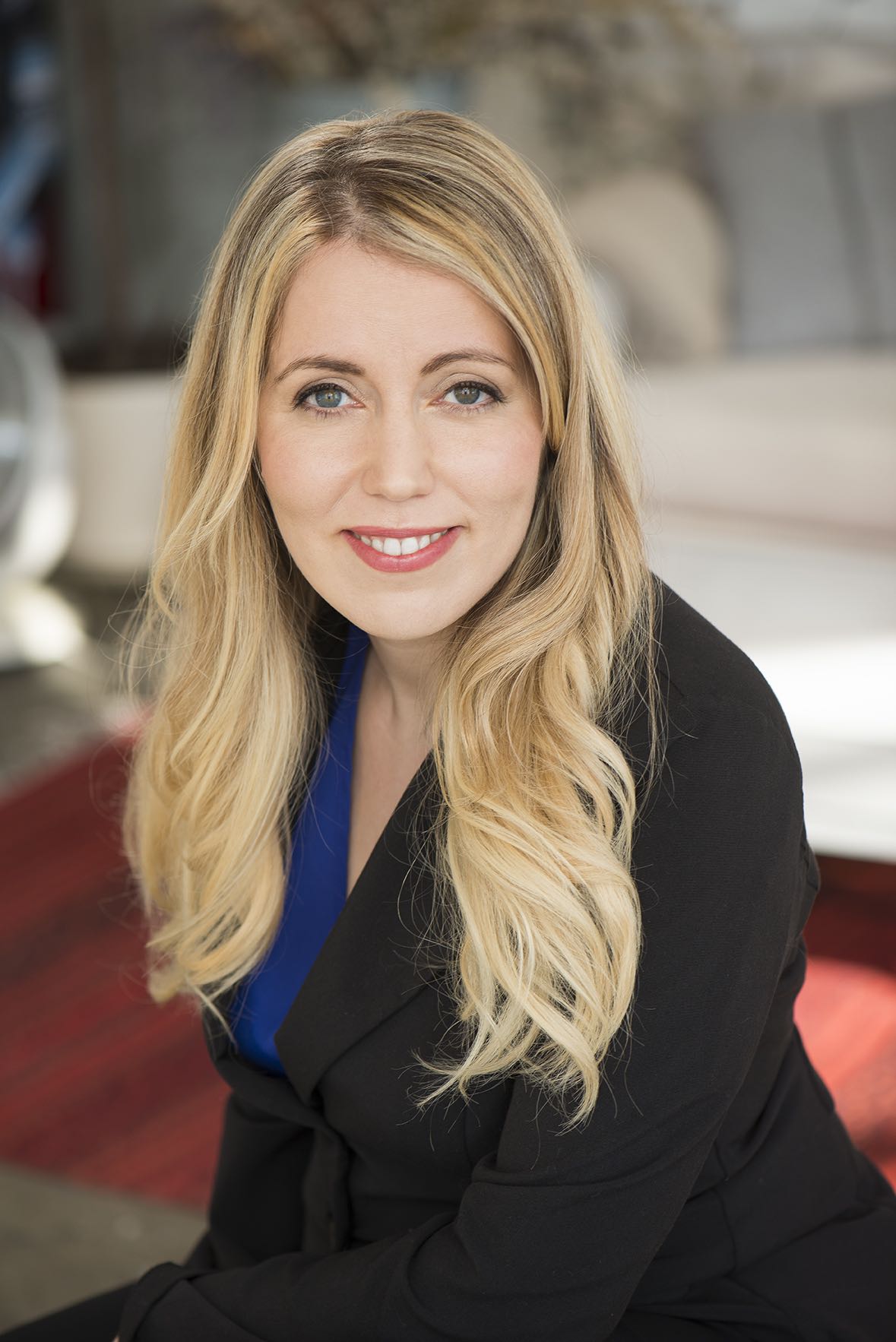
Biography:
Researcher and entrepreneur, Dr. Maya Ackerman, specializing in Computational Creativity and Machine Learning, was named “2020 Woman of Influence” by the Silicon Valley Business Journal. She is the CEO/Co-Founder of musical AI startup, WaveAI, an Assistant Professor at the Department of Computer Science and Engineering at Santa Clara University, as well as a singer and music producer. Interviews with Dr. Ackerman appeared on NBC News, New Scientist, Grammy.com, and international television stations across the globe, and she has been an invited speaker at the United Nations, IBM Research, Google, and Stanford University, amongst many other venues. Dr. Ackerman is the recipient of awards from the Association of Computational Creativity, Office of Naval Research, Natural Sciences and Engineering Research Council of Canada, Shanghai Yangpu Global Competition, the Startup Conference and more. She earned her PhD in Computer Science from the University of Waterloo, and held Postdoctoral Fellowships at Caltech and UC San Diego. Ackerman is an Associate Editor of the Journal of Computational Creativity and a member of the Steering Committee of the Association on Computational Creativity.
https://www.wave-ai.net
https://maya-ackerman.com/
Allison Parrish
Poet, programmer, and member of the faculty at NYU
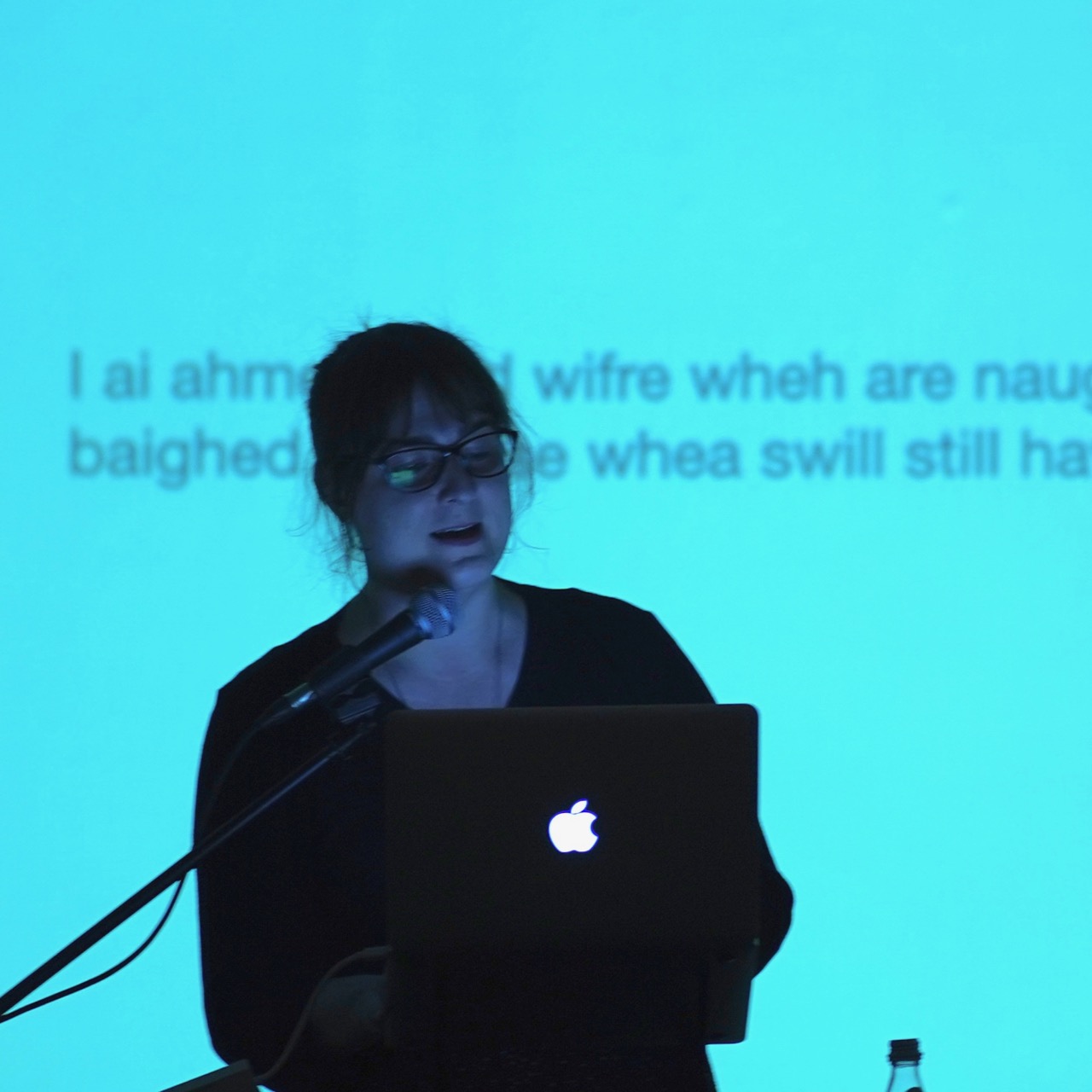
Biography:
Allison is a computer programmer, poet, educator and game designer whose teaching and practice address the unusual phenomena that blossom when language and computers meet. She is an Assistant Arts Professor at NYU’s Interactive Telecommunications Program, where she earned her master’s degree in 2008.
Named “Best Maker of Poetry Bots” by the Village Voice in 2016, Allison’s computer-generated poetry has recently been published in BOMB Magazine and Nioques. She is the author of @Everyword: The Book (Instar, 2015), which collects the output of her popular long-term automated writing project that tweeted every word in the English language. The word game Rewordable, designed by Allison in collaboration with Adam Simon and Tim Szetela, was published by Penguin Random House in August 2017 after a successful round of Kickstarter funding. Her first full-length book of computer-generated poetry, Articulations, was published by Counterpath in 2018.
Allison is originally from West Bountiful, Utah and currently lives in Brooklyn.
http://www.decontextualize.com
François Pachet
Director of the Spotify Creator Technology Research Lab
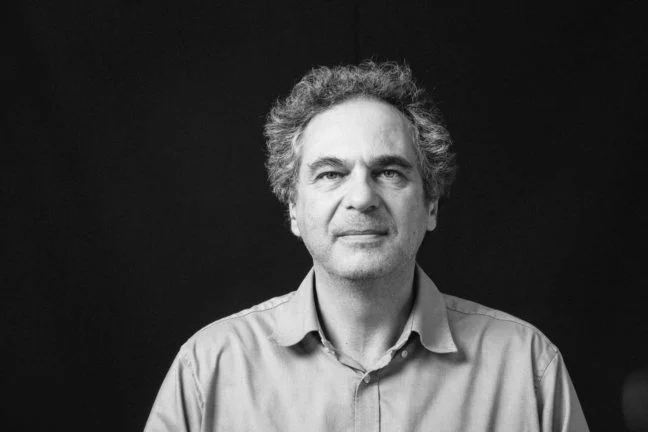
Biography:
François Pachet is director of the Spotify Creator Technology Research Lab, where he designs the next generation of AI-based tools for musicians.
With the label Flow Records he released Hello World, the first music album composed with artificial intelligence. This album is the result of the collaboration between AI, Benoit Carré aka SKYGGE and many other musicians.
Prior to Spotify, François Pachet has been director of the SONY Computer Science Laboratory Paris. At SONY he set up a music research working on interactive music listening, composition and performance. There he conducted the ERC-funded Flow Machines project during which he developped technologies for style imitation under user constraints. This project produced the first mainstream music title: “Daddy’s car”.
François is also a guitarist, and composed and published several albums. His latest book Histoire d’une oreille is an augmented book about how a musical ear develops through music listening.
Art Exhibition
A virtual art exhibition curated by Lilla LoCurto and Bill Outcault, where 15 artists will share their amazing work with the CC community.
https://computationalcreativity.net/iccc21/art-exhibition/


